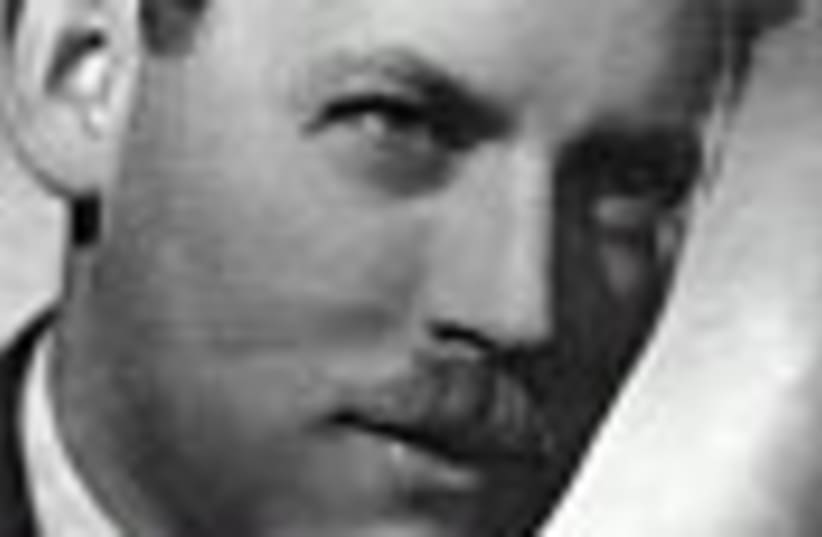| JPOST.COM HIT LIST | |
| JPost.com's most popular articles this past week |
Group: Jewish rescuers in the Holocaust ignored
Hillel Kook, in 1940, devoted himself to pressing for political action to stop the ongoing Holocaust.


| JPOST.COM HIT LIST | |
| JPost.com's most popular articles this past week |